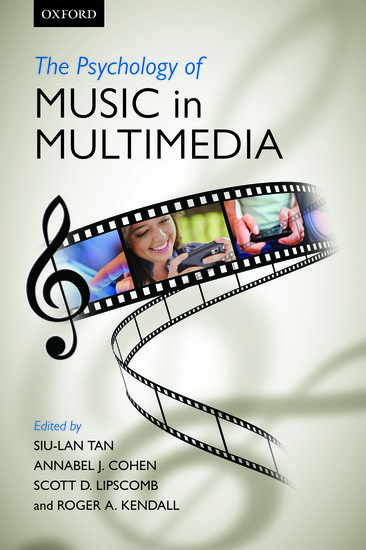Countries of the World Cup: Argentina
In preparation for the finale of the FIFA World Cup 2014, we’re highlighting some little-known facts about the competing nations. For instance, did you know that Argentina is the fourth largest Spanish-speaking nation in the world? Or, that ninety-two percent of its population is Roman Catholic?










